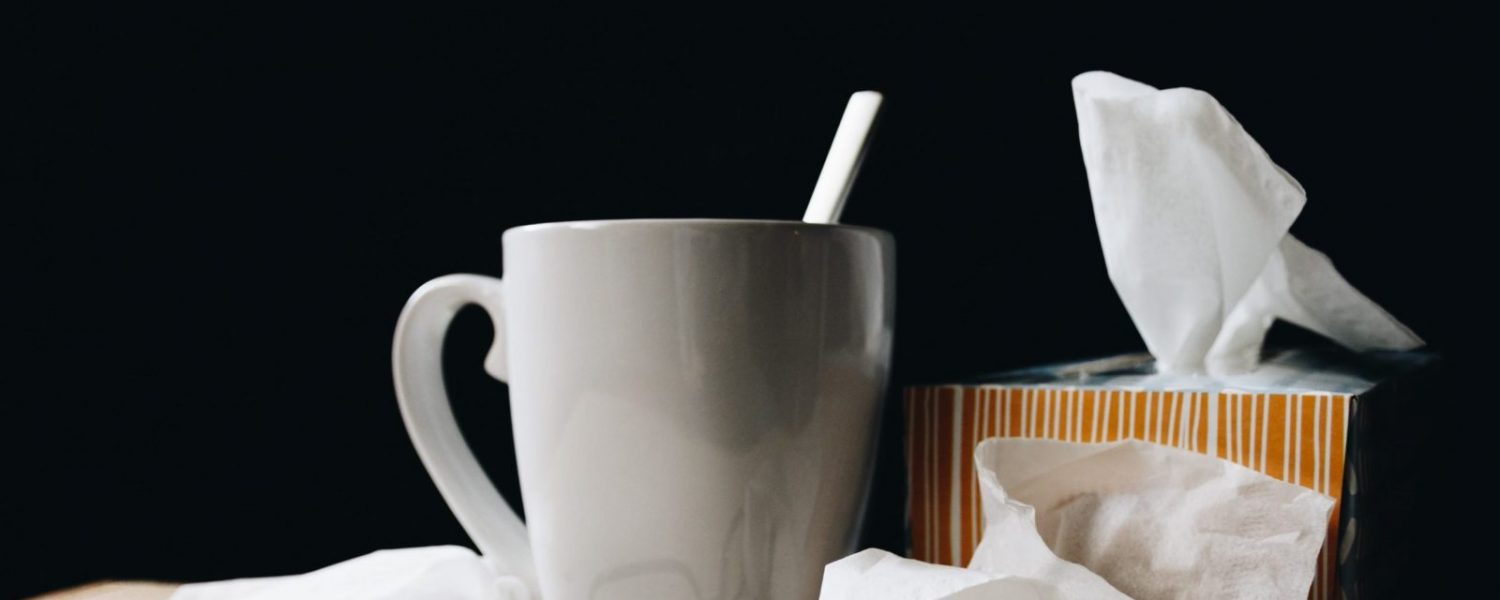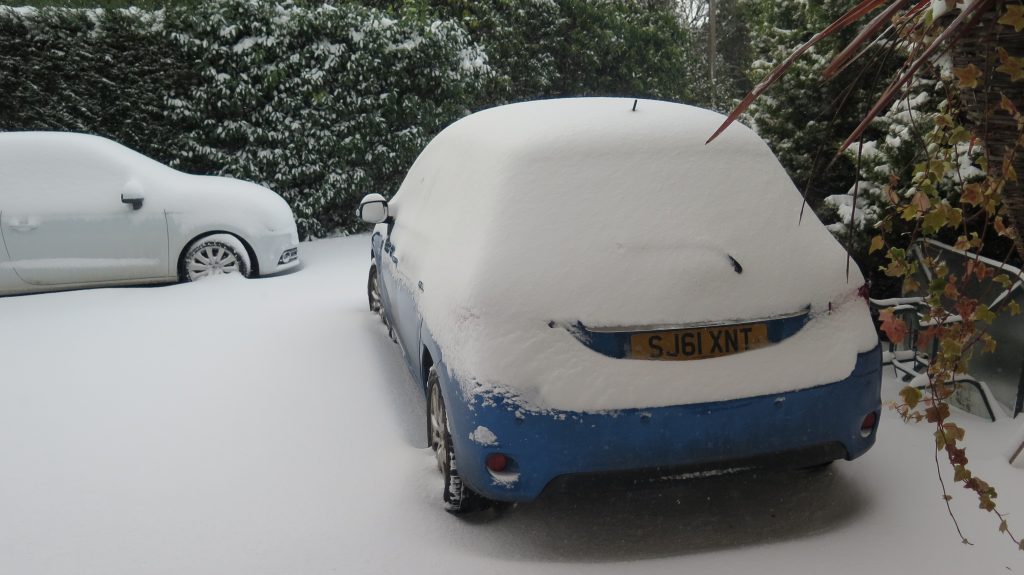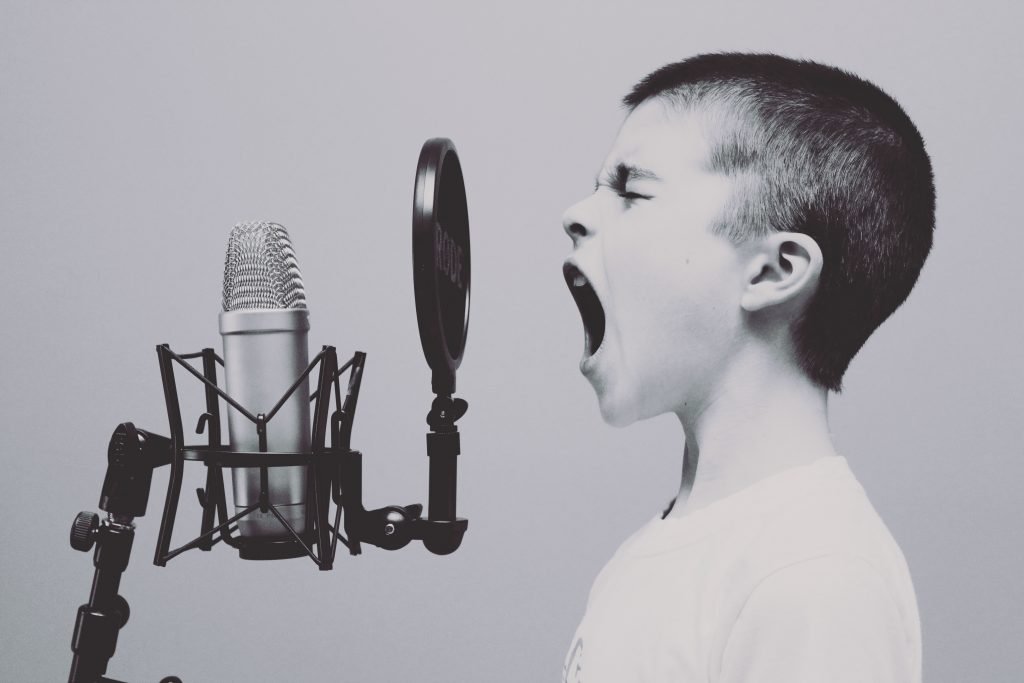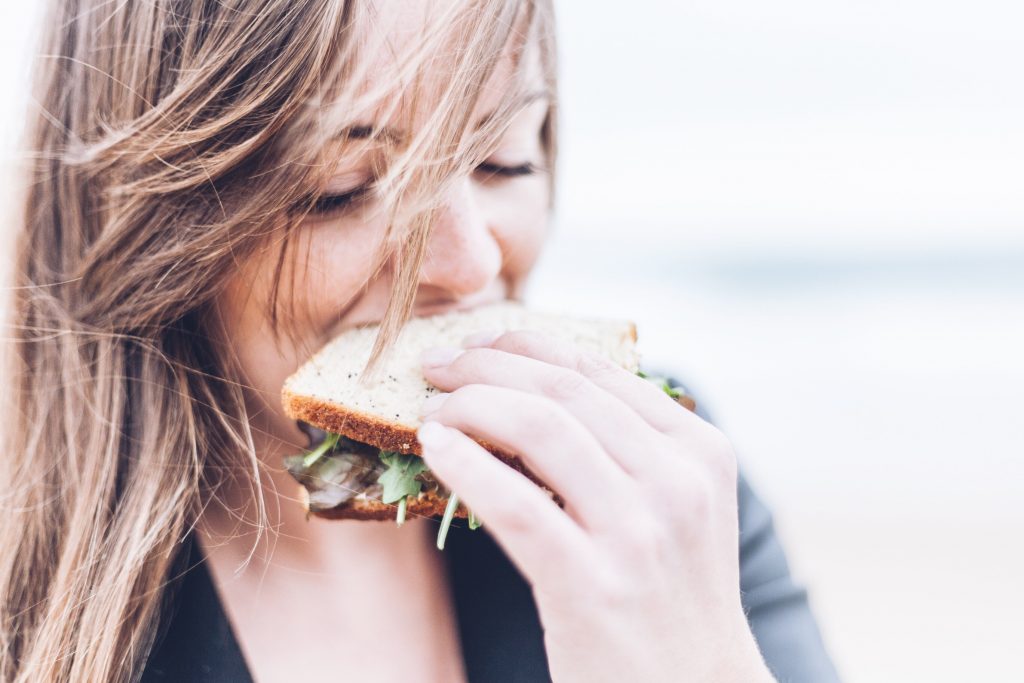
Nervous Stomach Anxiety: yin/yang explanation
Why You get Nervous Stomach Anxiety and How to Handle It. Acupuncture has great ways to help.

‘Lung Phlegm with both Lung and Spleen deficiency‘! What a mouthful! Well, you could call it ‘Lung and Spleen deficiency with Phlegm in the Lungs’ but that’s worse.
This syndrome is becoming more common. In fact, nearly everyone who often works at a desk or a computer is susceptible to it.
This syndrome is also an example of Chinese medicine taking its gloves off and getting stuck in!
Here, three separate syndromes combine. Two of them are deficient and one is excess. That means you have to treat the condition in the right order or you may make it worse.

Usually, in Chinese medicine, you clear the excess condition first because the deficient syndromes can’t recover until the excess syndrome sitting on them has been removed.
For example, if snow falls on your car, pinning it down, you’d remove the snow before trying to move your car.
Normally, Lungs and Spleen work closely together to keep energy moving round your body and to clear the garbage.
The Lungs‘ main purpose is to control, or ‘govern’ the Qi, your energy.
For example,
Your ability to move, your energy, is almost entirely governed by your Lung energy, at least in the short term.
Put another way, you can probably survive for several weeks without food, and for some days without water.
You’ll die within 4 minutes without air.
The Spleen‘s main function is to transform one thing into another (say food into blood, or phlegm into fluid) and then transport it to wherever it’s needed or has to go.
Because of its vital functions in digestion, the Spleen and Stomach energies work very closely together: each affects the other, which explains some of the symptoms below.
In fact, it goes further, because in Chinese medicine, where the Lung channel (or meridian) actually starts is deep in your upper abdomen. This is more or less in the area of the stomach. For practical purposes, you can say that your Lung qi starts in your Stomach. If one is upset, often so is the other.

NB – You don’t need ALL these symptoms to receive this diagnosis!

Public speakers, actors, teachers, sergeant-majors, singers: in time voice over-use can exhaust Lung Qi, making them susceptible to this syndrome.
Smoking eventually weakens your lungs, and your Lung energy then can’t support your Spleen energy. You cough, you get tense more easily, you worry more and gradually your energy decreases.
Not just smoking tobacco does this, but inhaling bad air, air that is full of dust and chemicals and pathogens also damages our lungs.
Eventually habitual smokers find they can only take a full breath when smoking, so dependent are they on tobacco. Gradually they become asthmatic.
Speaking under strain, or when under intense observation, or working when anxious, causes stress. In Chinese medicine this often appears as Qi stagnation.
Qi stagnation easily impedes Spleen and Lung Qi.

Not exercising the body properly tends to weaken it. Muscles, governed by the Spleen, don’t develop, tissues grow lax. This means that Blood doesn’t flow properly and stuff builds up in cavities: Phlegm and Damp.
As tissues grow lax, we get abdominal distension and snoring.
In due course your joints sprain more easily, your back hurts or is easily ‘put out’, and as other syndromes appear, you get phlegm in your eyes and bags underneath them.
If we don’t eat enough of the right foods, and we eat too many wrong foods that damage health, our Spleen cannot supply the Blood needed to keep us healthy. Read Nutrition.
The Spleen’s energy works best with foods that are classified in Chinese medicine as having a warm energy. These include spicy foods and most forms of animal protein.
The Spleen functions less well, and may be damaged by too many foods with a cold energy, such as raw foods, chilled foods, iced foods, salads, fruits, and uncooked vegetables. It also functions less well when you eat too much sweet food, including sugar, honey and sweeteners: that means puddings, cakes, biscuits and refined flours: also anything that, when eaten, quickly turns into sugar in your digestion, including white bread, white flour, white rice, potato.
Read more about this large topic under hot foods and cold foods.
Over-eating can produce a similar result. Too much food for our needs can exhaust our body’s capacity to digest it properly, leading to Damp and Phlegm.
Alternatively, eating a good diet, but not exercising enough, can weaken our Lungs and Spleen.
Still not finished!
What is called ‘irregular’ eating habits damage the Spleen. These include hurried meals, snatched snacks, eating while working or driving, eating at odd times, big meals before sleep and so on.

Our genes provide us with some leeway, so we can all eat irregularly from time to time and no harm results. But not if that’s how we always eat!
Modern life in the West inclines us to the bad habits listed above. So Lung Phlegm with both Lung and Spleen deficiency is occurring more often. We may not be working physically as hard as our genes were used to, but we are straining them in other ways.
Re-read the list of causes above and consider how you can adopt better habits.

Stay in Touch!
No spam, only notifications about new articles and updates.

Book a Video consultation if you want to know more about your symptoms

Why You get Nervous Stomach Anxiety and How to Handle It. Acupuncture has great ways to help.
Subscribe to the Newsletter
If you are interested in understanding how Traditional Chinese Medicine can improve your life sign up to my newsletter for the latest updates.
Subscribe to the Newsletter
If you are interested in understanding how Traditional Chinese Medicine can improve your life sign up to my newsletter for the latest updates.